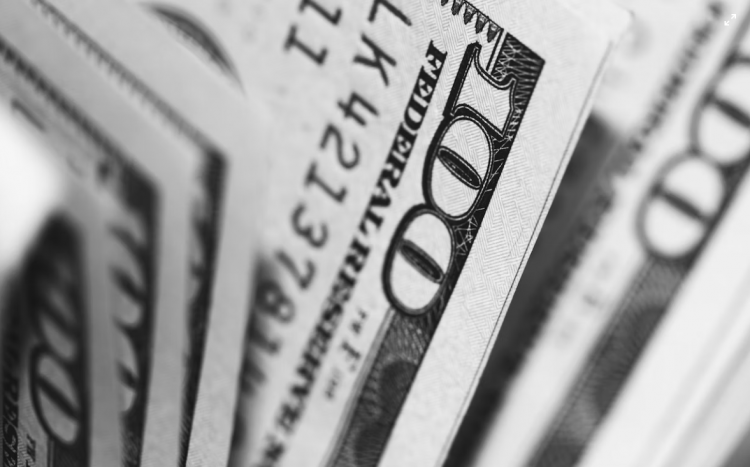Heads of major central banks in developed countries delivered a powerful rebuttal to theories about the end of interest rate hikes on Wednesday.
At a forum hosted by the European Central Bank, including the leaders of the Federal Reserve, European Central Bank, Bank of England, Banque de France, and Bank of Japan, the heads of central banks all indicated the possibility of further monetary tightening.
Federal Reserve Chairman Jerome Powell underscored that given the current inflation rate remains above expectations, and economic data such as durable goods orders and consumer confidence display the resilience of the US economy, there will be more restrictive policies this year. The possibility of consecutive rate hikes in two sessions is not off the table, given that the duration of restrictive rates is still not long enough.
Christine Lagarde, the President of the European Central Bank, stated the European Central Bank is likely to hike rates again in July, having seen no substantial evidence that underlying inflation is stabilizing and declining.
Analysts interpret Lagarde's views on current fiscal policy as a signal not to expect any leniency from the European Central Bank: "One must do what one has to do."
Bank of England Governor Andrew Bailey remarked that the Bank's rate hike last week was in response to the resilience of the British economy and unexpectedly persistent inflation. Bailey added that he believes a single 50-basis-point rate hike would be more effective than two consecutive 25-basis-point hikes.
Banque de France's Governor Francois Villeroy de Galhau stated that the duration of high interest rates is more important than the actual level, and rates are now close to the level needed to bring inflation back to 2%.
Even Haruhiko Kuroda, Governor of the Bank of Japan, stated that after decades of near stagnation, Japan's wage and price growth is accelerating, making officials start to consider the possibility of abandoning ultra-loose monetary policy.
Last year, the Federal Reserve, European Central Bank, and Bank of England began implementing the most aggressive credit tightening policies in decades, aiming to bring the inflation rate down to the 2% target.
After Powell's speech, the futures market priced the possibility of the Federal Reserve hiking rates in July up from 74% to 79%. Powell stressed that robust demand for labor is driving higher consumer spending, which could support continued demand.
Although Powell acknowledged a significant possibility of a US economic downturn, he doesn't believe a recession is the most likely outcome. He expects core inflation (excluding food and energy) to fall back to the Federal Reserve's 2% target only by 2025.
In response to Lagarde's stance, analysts point out that Powell's judgment on core inflation suggests that policymakers' duration of keeping rates high will be longer than investors currently expect.
Following Powell's speech, markets increased their bets on the Federal Reserve hiking rates for the rest of the year. Most economists predict a 25-basis-point rate hike by the Federal Reserve in July, adjusting their forecast for the Federal Reserve's policy rate level to 5.375% by the end of this year and 4.375% by the end of next year.
In the face of persistent inflation, Bank of England Governor Andrew Bailey remains quite aggressive. He expects the overall inflation rate to "fall sharply" in the coming months, but the UK's core inflation is more sticky. Bailey added that the UK has a strong labor market, with many companies hoarding labor in the face of recruitment difficulties.




